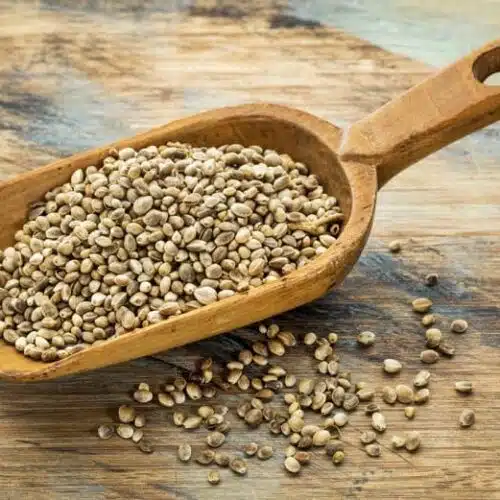Associate Professor of Psychiatry Staci Gruber, Director of Marijuana Investigations for Neuro-scientific Discovery (MIND) at Harvard Medical School speaks about her research into the effects of marijuana use on children and adults.
We noticed some very striking differences in folks who began smoking early versus those who began starting smoking later.
00:00
Tell us about the research that you have done and what you are finding out. – So based on a recreational research where we look at individuals who are recreational marijuana users, the folks who admit that they are using it just because they want to feel good. We noticed some very striking
00:30
differences in folks who began smoking early versus those who began starting smoking later, in terms of brain structure and function, so the folks who are starting to smoke regularly prior to age 16 look different from the kids who are smoking later, and that is really important
01:00
as we began to think about laws and legislation across the country for legalization. But, what we have done in our first phase of the MIND program which stands for Marijuana Investigation for Neuro-scientific Discovery is we have people who are certified for medical marijuana
use and they come in and see us and we do clinical and diagnostic assessments, we look at their clinical state and we look at their physical state, then we do brain imaging, so we look at their brain structure and brain function and we do testing in terms of cognitive performance and
02:00
we do this all before they begin using medical marijuana, and then we follow them. – So you get a baseline. – Exactly. – So wait these people have never had it before? – Right. – Oh wow, so it’s not people who have it, and say this is what I am used to, I have it
02:30
three times a week and this is my baseline starting here and now I am going to do whatever you guys want me to do. – Right, we are trying really hard to get a clean sample at first, just to see where folks are in terms of what happens over three months, six months, and ultimately
03:00
12 months, where do they change and do they change? Does it really improve their clinical symptoms and if so does that accompany an improvement in cognitive performance, the ability to do tests, the ability to remember, as you were talking about, right, memory Monday. – Right.
03:30
-So the importance of being able to remember why you went to the store in the first place, I have lots of guys that go oh I forgot. Those are the recreational people, so it’s important to get a baseline where we can and follow these people. – Now are you doing anything with
04:00
children? The children who have seizures or is this strictly recreational? – So no, no, this is strictly the observational study is medical, they’re not using it recreationally and it’s not kids, it’s designed to be sort of the lower limit is 18 and we go up all the way up
04:30
to about 65. The recreational studies go down to 12 and all the way up, but the kids’ studies are a little bit different in terms of what they are doing and I hope that studies that are looking at kids are actually getting baseline testing before they begin their treatment. Those
05:00
kids are primarily being treated with Cannabidiol-based products so products high in CBD, which are likely to improve different areas of cognitive performance and in fact our second phase is designed to administer a product that’s high in CBD to individuals who have a specific
05:30


